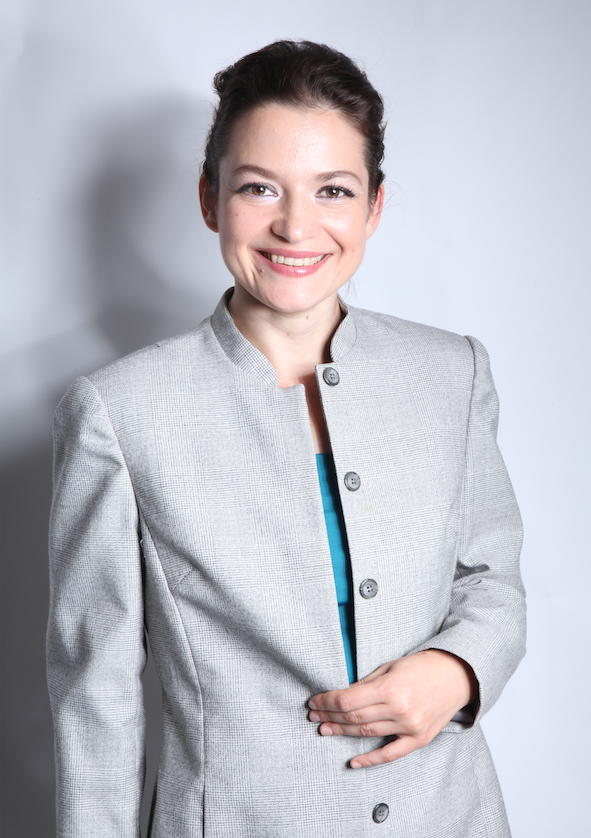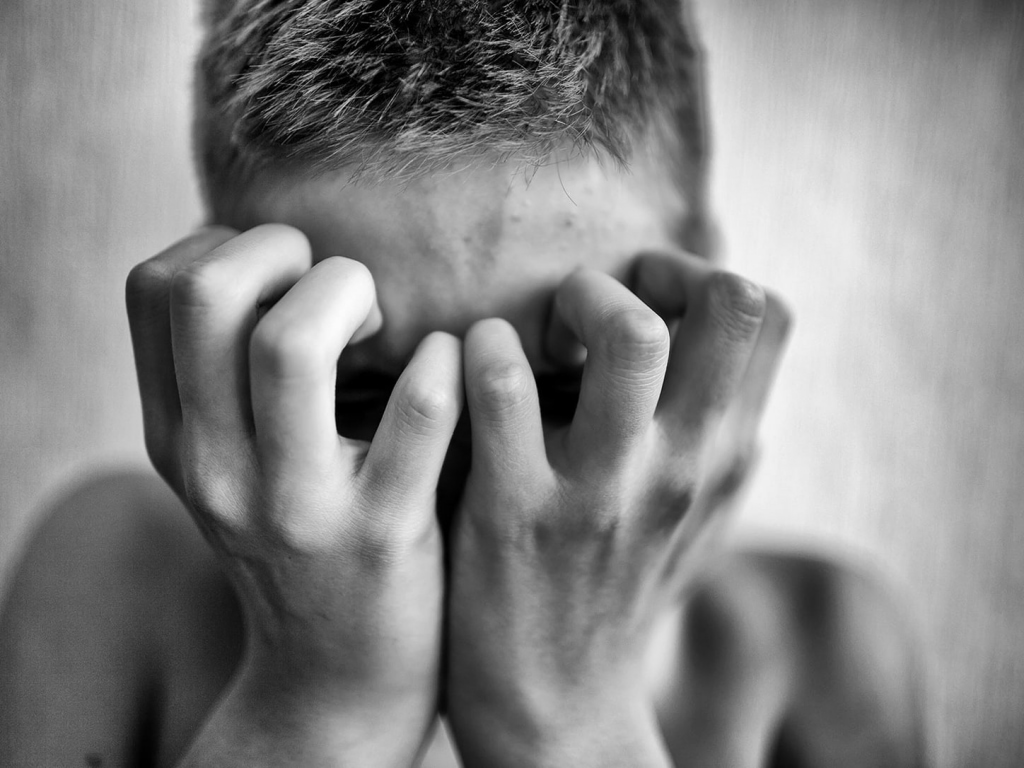Social welfare worker Viktoriya Ershova talks to TW about her struggle in dealing with her son’s mental illness and why Japan’s legal and care systems, as well as stigmatization of these types of disorders, make it difficult for those affected to get the support they need.
It is estimated that around one in four people in the world will be affected by neurological or mental disorders at some point in their lives and, for many, the symptoms begin at a young age. In fact, according to a report by the World Health Organization (WHO), half of all mental health problems are established by the age of 14, and three quarters by 24 years of age. While there’s now a much greater understanding of how to deal with these issues, many cases still go undetected and untreated.

Viktoriya Ershova
Viktoriya Ershova, who has several years of experience working in social welfare in Japan, believes the situation in this country is even more severe than in other developed nations as “adolescents and their parents are less likely to speak to someone about their problems here due to the stigma attached to mental illnesses.” A Russian native who married and divorced in Japan, she recently started a Facebook page to share more about her own experiences as a mother trying to cope with a son who’s been diagnosed with Borderline Personality Disorder (BPD).
“I called the page simply ‘My Son has BPD’ which is easy to understand,” Ershova tells TW. “People are often very ignorant. They think [a mental illness] will never happen to their child. They constantly deny the problem and as a result, when things get out of control, they have no solution. Then there are those who are too afraid to say anything because of what their neighbors might say. That’s why I started the blog; to raise awareness and let people know they’re not alone. I’ve been surprised by the number of responses the page has received. There are so many people who are in a similar situation yet feel they have nobody to turn to for advice.”
Also known as Emotionally Unstable Personality Disorder (EUPD), BPD is a chronic mental health condition in which sufferers have difficulties regulating their emotions. This can lead to impulsive behavior, inappropriate anger, low self-esteem, feelings of desolation, fear of abandonment and a detachment from reality. The causes aren’t fully understood, though the majority of mental health professionals believe it’s the result of a combination of inherited or internal biological determinants and external environmental factors, such as a traumatic childhood experience.
The difference between an illness like BPD and a normal character trait (for example, an adolescent who often gets angry) is not always easy to identify. Ershova initially thought her son’s behavior was just that of a typical teen with mood swings. Eventually, it became more extreme as he started to self-harm. The breakdown in relations between his parents hit the young boy hard. According to his mother, Japan’s legal system then further exacerbated the situation.
“My ex-husband took my son and for seven months I had no access to him whatsoever”
“Concerning divorce and child custody, the laws are archaic,” opines Ershova. “There’s no alimony, no joint custody and abduction is not a crime. People often feel they have to stay married otherwise they will risk never seeing their child again. It’s like going back to the dark ages and it’s the kids who suffer. My ex-husband took my son and for seven months I had no access to him whatsoever. My lawyer told me I had the right to compensation, but it would take me seven years to fight for the final settlement. I didn’t have that time, so I didn’t demand anything from him. I just wanted to be reunited with my child.”
The youngster eventually moved back in with his mother while keeping a relationship with his father. Behavioral and emotional changes soon became apparent, however, and Ershova is certain that their time away from each other was a major reason for that. He questioned why he had been brought into the world and said he didn’t want to live anymore. Things spiraled out of control and on August 13 of this year, he attempted to take his own life.
“After two days at the hospital, I was told by the doctor there was nothing more they could do and my son would have to go home,” recalls Ershova. “Just two days for someone who’s psychologically unstable! It’s unbelievable. He was a danger to himself and possibly to others. As a mother with full parental authority and custody, I had no control over him and didn’t know what to do [he has subsequently gone back to live with his father]. I heard that if he tried to kill himself again, they could put him in an institution, but by then it might be too late. A second attempt could end in his death. He was given medicine, but I didn’t think that was enough.”
Although drugs can help reduce certain symptoms such as stress and anxiety, they are unable to address core personality traits. Psychotherapy is considered a much more effective treatment for BPD, with Dialectical Behavior Therapy (DBT) the most common. Developed in the 1980s by American psychology researcher Marsha Linehan, who has acknowledged her own struggles with BPD, it uses various psychological techniques including mindfulness and Cognitive Behavioral Therapy (CBT), as well as relaxation and breathing exercises. The aim is to reconcile the patients’ apparent contradictions by accepting their point of view while at the same time gently trying to encourage them to change.
“It’s haphazard and often feels like they don’t take this sickness seriously”
“Widespread research has shown the efficacy of this kind of treatment yet here in Japan it’s difficult to find psychologists who practice it,” says Ershova. “The focus always seems to be on medication. At this point, I would say it’s a country lacking a good mental health care system. You have counselors with good intentions but in my opinion, there aren’t enough professionals. After being diagnosed with BPD, my son went to one who said he couldn’t find anything wrong with him, completely contradicting the doctor. It’s haphazard and often feels like they don’t take this sickness seriously.”
“I was told by a counselor at my son’s school that more students have BPD than any other mental illness, yet many parents still refuse to recognize it, seeing symptoms purely as character traits,” continues Ershova. “What they don’t seem to realize is that if these children don’t receive some form of therapy, the probability of them becoming an alcoholic, drug addict or something even worse becomes significantly higher. The recent attacks in Kawasaki and Kyoto demonstrate how dangerous it can be to leave a mental disorder untreated.”
Despite being among the leading causes of illness and disability worldwide, on average high-income countries reportedly spend just four to five percent of their total health budget on mental health while in low and middle-income nations it’s said to be less than one percent. Though governments around the globe have attempted to redress the balance in recent years, Ershova believes they haven’t gone nearly far enough.
“More money has to be invested in family support groups and professionals who people can turn to when they don’t know what to do,” she says. “Mental disorders also need to be discussed more openly. It’s an illness we underestimate because it can’t be touched, and it can be difficult to diagnose. People think it will never affect them, but you should never say never because you can’t be 100 percent sure about mental health. The situation is much better than it was in the past, both in Japan and around the world, however, I feel it’s a topic that still isn’t taken seriously enough. Someday I really hope to see an inclusive, non-stigmatic health care system that works well. Unfortunately, right now that is something that seems a long way off.”
If you are in need of support or someone to talk to, please visit telljp.com and www.imhpj.org









